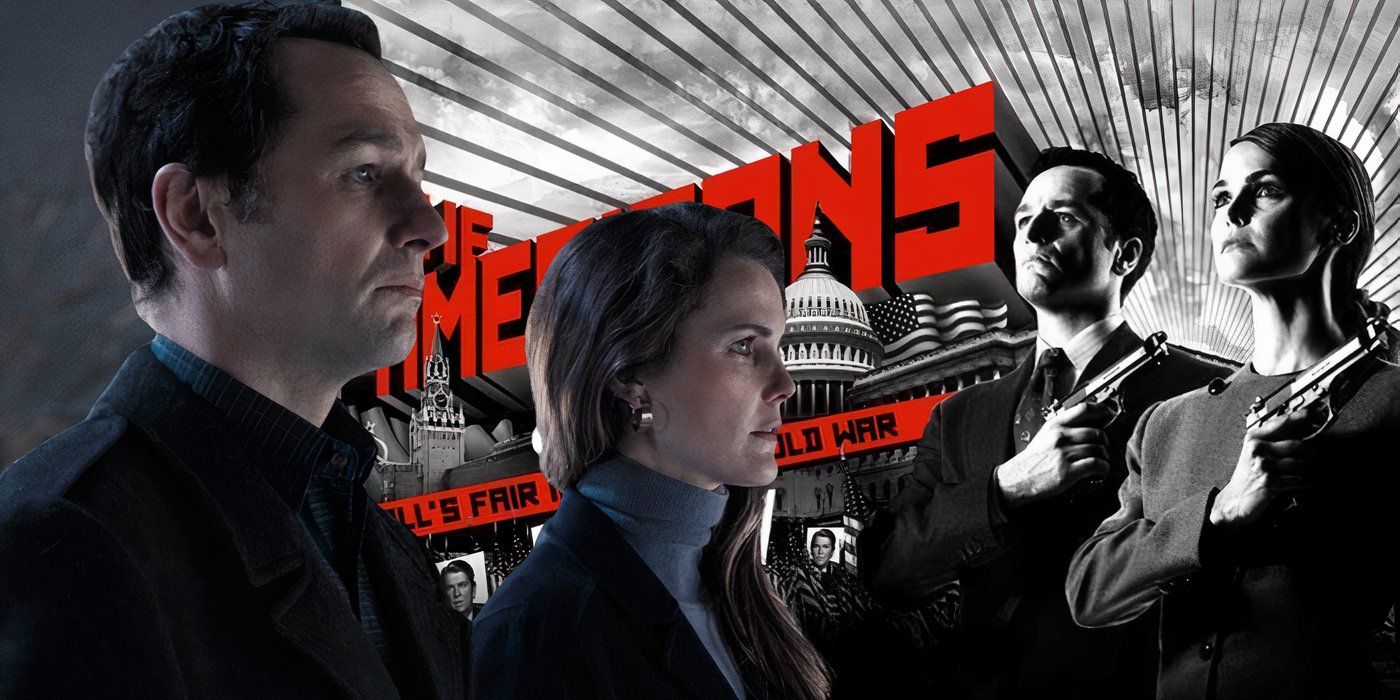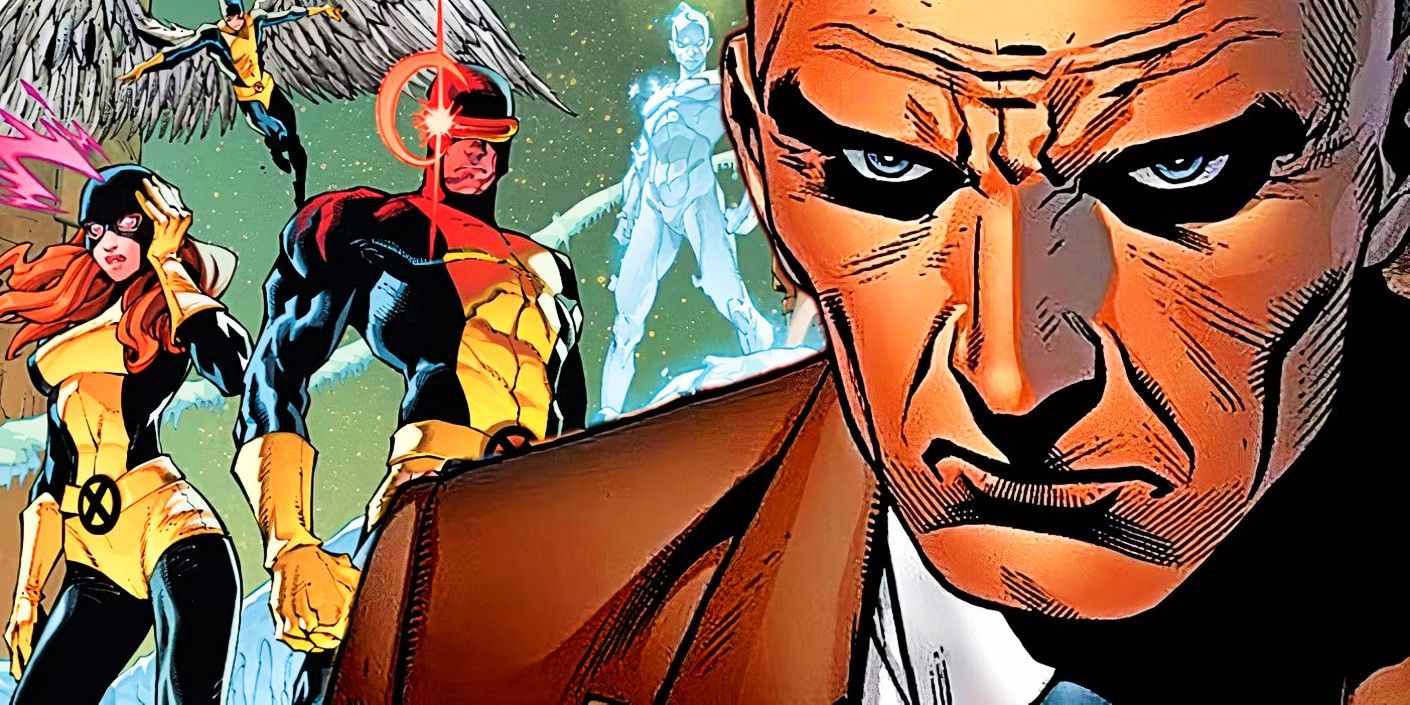TikTok filed an appeal with the Supreme Court seeking an emergency injunction to block a U.S. law from going into effect that would impose a nationwide ban on the popular app unless Chinese parent ByteDance sells its stake in TikTok.
In a statement Monday, TikTok said, “The Supreme Court has an established record of upholding Americans’ right to free speech. Today, we are asking the Court to do what it has traditionally done in free speech cases: apply the most rigorous scrutiny to speech bans and conclude that it violates the First Amendment.” The company continued, “The TikTok ban results in a massive and unprecedented censorship of over 170 million Americans on January 19, 2025. Estimates show that small businesses on TikTok would lose more than $1 billion in revenue and creators would suffer almost $300 million in lost earnings in just one month unless the ban is halted.”
On Dec. 6, the U.S Court of Appeals for the D.C. Circuit upheld a federal law that will ban TikTok in the country over national security concerns — unless Beijing-based ByteDance sells its interest in the app by Jan. 19, 2025. In the ruling, the three-judge panel found that national security risks outweighed the argument put forth by TikTok and ByteDance that the law violates the First Amendment rights of millions of the video app’s users.
President-elect Donald Trump, at a press conference Monday at his Mar-a-Lago estate, was asked what he would do about the TikTok law. He responded, “We’ll take a look at TikTok.”
“I have a warm spot in my heart for TikTok because I won youth [voters] by 34 points, and there are those that say that TikTok has something to do with it,” Trump said. Trump’s claim that he “won youth” in the 2024 U.S. presidential election is not true: Among 18-29-year-old voters, Trump was 11 points below VP Kamala Harris, according to exit polls compiled by CNN.
Trump was set to meet with TikTok CEO Shou Zi Chew at Mar-a-Lago on Monday, CNN’s Kaitlan Collins reported.
Trump, during his first term as president, was unsuccessful in his efforts to force ByteDance to sell majority control in TikTok to U.S. owners. This past March, commented on a potential TikTok ban, Trump posted on Truth Social, “If you get rid of TikTok, Facebook and Zuckerschmuck will double their business,” calling Facebook “a true Enemy of the People!” In a CNBC interview in March, Trump agreed that TikTok’s Chinese ties represent “a national security risk” but reiterated his belief that a U.S. ban on the app would only help Facebook.
The D.C. Circuit, in its ruling, said in part, “Some 170 million Americans use TikTok to create and view all sorts of free expression and engage with one another and the world. And yet, in part precisely because of the platform’s expansive reach, Congress and multiple Presidents determined that divesting it from the [People’s Republic of China’s] control is essential to protect our national security.”
The D.C. Circuit ruled that the law, called the Protecting Americans from Foreign Adversary Controlled Applications Act, does “not target speech based upon its communicative content. The TikTok-specific provisions instead straightforwardly require only that TikTok divest its platform as a precondition to operating in the United States.” According to the court, the U.S. government “has offered persuasive evidence demonstrating that the Act is narrowly tailored to protect national security.”
The law requires ByteDance to sell its stake in TikTok to a party or parties not based in a country the U.S. designates a “foreign adversary.” In the absence of a “qualified divestiture” by ByteDance, the TikTok ban will go into effect Jan. 19, 2025. The law gives the U.S. president the ability to grant a one-time extension of “not more than 90 days” if the president determines that ByteDance has a legitimate sales negotiation in progress to sell its TikTok stake; if that’s the case, the sell-or-ban date would be April 19, 2025.
President Biden signed the TikTok divest-or-ban bill into law on April 24 after it passed in Congress with solid bipartisan support.
About 50% of Americans support a TikTok ban, while 32% oppose it and 18% are not sure, according to an Ipsos/Reuters survey conducted in late April 2024. Just 31% of those aged 18-34 say they are in favor of a ban, while 50% say they oppose it. Most Americans aged 35-54 (54%) and 55 and older (60%) say they support a ban of the app.









 English (US) ·
English (US) ·